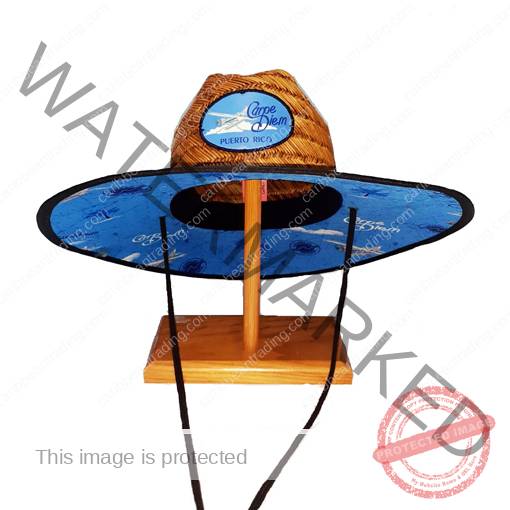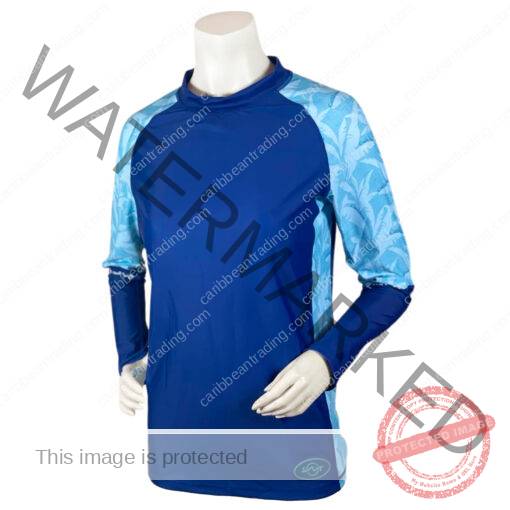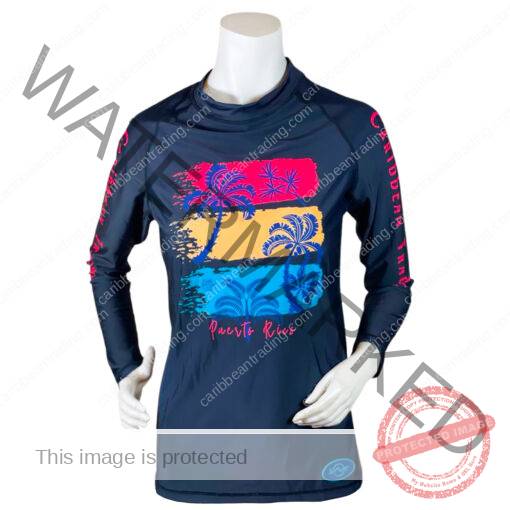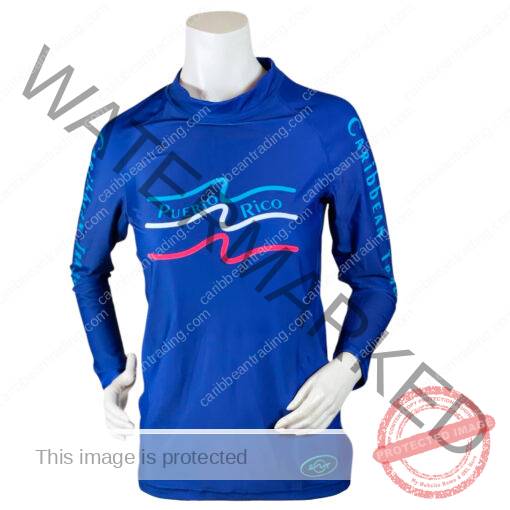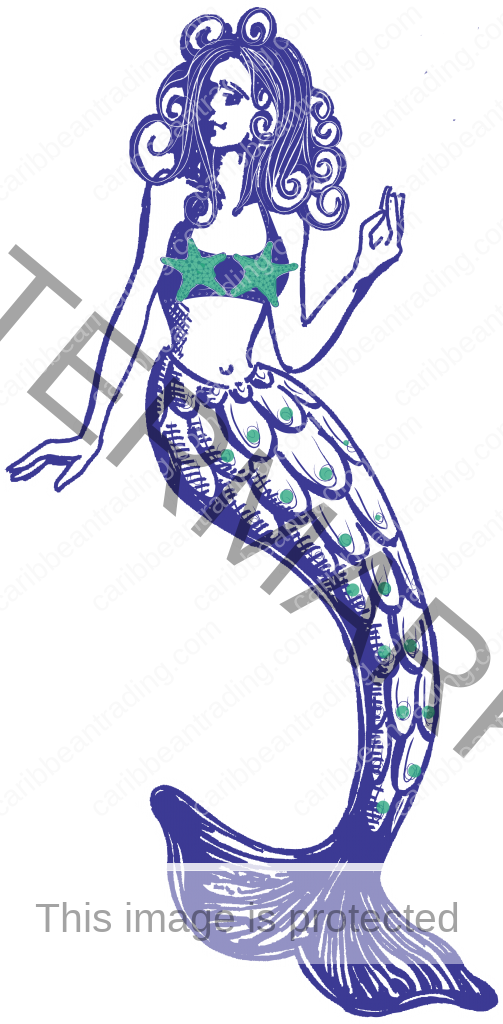Caribbean Lifestyle, Bath & Body
Sun Protection: SPF, Zinc & Oils
Sun Protection will ensure there’s nothing better than the feeling of warm sunshine hitting your shoulders as you enjoy a gorgeous, sunny day at the beach. You know what doesn’t feel good at the end of the day? A sunburn! That’s why it’s so important to wear sun protection with the proper SPF when you’re outdoors. Even if you’re not at the beach. The rays of the sun can get you anywhere. This may come as a big surprise – even on cloudy days you need protection because those pesky ultraviolet (UV) rays can still manage to get through the cloud cover and onto your skin.
SPF
The first thing you want to be aware of with your sun protection is the SPF. We all see those letters and a number (2-100) on our bottles of sunscreen but what do they really mean?
SPF stands for Sun Protection Factor. It measures how much the product shields your skin from ultraviolet rays (specifically UVB rays). Use SPF as a guide as to how long you can stay in direct sunlight before your skin starts to burn versus with how long you can stay in the sun before you burn without applying sunscreen. SPF works by extending your skin’s natural defenses against the sun’s rays.
If you normally burn after 10 minutes of unprotected sun exposure, multiply that number by the SPF rating. That is how long your sun protection will last. If you burn after 10 minutes of unprotected sun exposure, when you apply SPF 30 you will get 5 hours of sun protection (10 minutes x 30 = 5 hours).
A higher SPF blocks more of the sun’s rays. Sunscreen containing SPF 30 will protect skin from nearly 97% of the sun’s UVB rays. SPF 50 blocks 98% of UVB rays. This is when SPF is applied properly (which in the simplest terms means you apply a lot of it, all over)
UVB & UVA
Be sure to look for the words “broad spectrum” on your sunscreen to ensure protection from the two type of ultraviolet rays that can damage skin – UVB (burning) and UVA (aging) rays.
- UVB rays cause sunburn and play a major role in developing skin cancer. The SPF number primarily refers to the amount of UVB protection it provides.
- UVA rays are the ones that cause skin damage as well as premature aging and wrinkles.
Generally, you should use at least an SPF of 30, like the Caribbean Trading Face Shield SPF 30 Sunscreen for face, nose, lips and ears (don’t forget your ears!). This convenient lip-balm size sunscreen protects against UVA/UVB rays and you can carry it anywhere.
No matter the SPF number, if you’re spending the day outside, regularly reapplying your sunscreen is the key to avoiding a sunburn. Reapply at least every two hours on a sunny day, even if you’re wearing a high SPF.
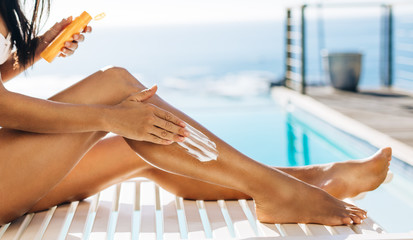
Zinc
Zinc is a naturally occurring mineral that you’ll see listed as zinc oxide on sunscreens labels (usually in tandem with titanium dioxide). Sunscreens with zinc oxide are considered physical (or mineral) sunscreens. Zinc provides protection by sitting on top of skin and physically blocking the sun’s harmful rays.
Benefits to using zinc as sun protection include:
- You don’t have to wait the typical 15-30 minutes between applying it and going outside. Because it’s a physical sunblock, it’ll start to work almost as soon as you put it on.
- It protects against both UVA and UVB rays. Try our Zinc Protection Body Balm for SPF 30 protection.
- It doesn’t cause sensitivity, so if you have a skin issue like rosacea or acne you can use it without exacerbating your condition.
Zinc does suffer from one big disadvantage: it can leave behind a white, ghostly cast to the skin. This can be especially annoying for those with darker skin tones. Fortunately, more companies are now developing zinc sunscreens that go on clear or are tinted. These innovations eliminate the pasty whiteness zinc usually leaves behind.
Oils
Oils and sun protection are two things you might not think go together. Some people simply prefer the feel of an oil, and the look it gives to skin. It’s tough to beat the glowy sheen an oil can give you! Today’s oils can provide protection for the sun’s harmful rays. Look for an oil that contains at least SPF 30.
If you are looking for natural sun protection in oil form, coconut oil, jojoba oil, macadamia nut oil, olive oil, almond oil and others will provide some natural protection. It’s important to note that these oils provide less than SPF 10. They really aren’t suitable as your sole protection from the sun. Add an oil to another form of sun protection to bolster your defense against burning rays.
Any of these oils are great ingredients to have in a product because they will provide an extra layer of protection. In addition to providing a bit of extra protection, oils will help nourish the skin, feeding it with antioxidants and vitamins, leaving it soft and hydrated.
After Sun Care
A day in the sun, even with SPF protection, can leave your skin feeling like it needs some special attention. Reach for a moisturizer with Aloe Vera, a plant known for its healing properties. Our Aloe Vera Deep Moisturizing Cream refreshes sun-tired skin with natural botanical extracts and exotic oils to nourish your skin and keeps that summertime glow going.



